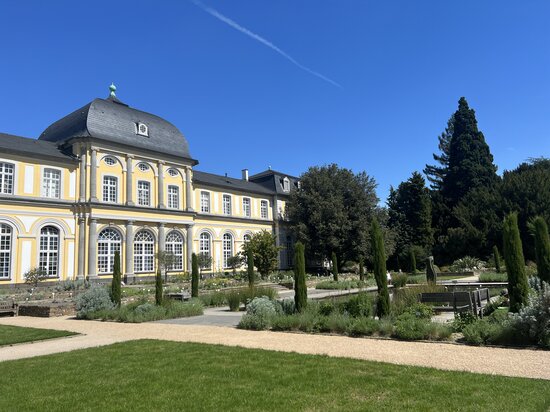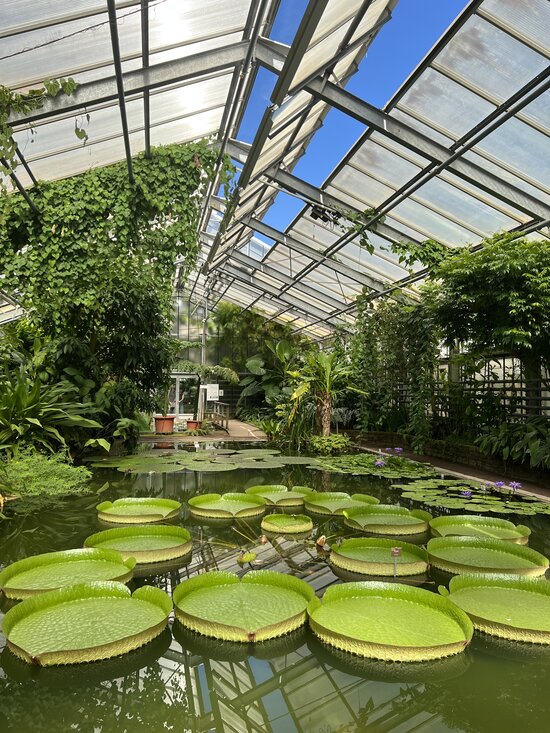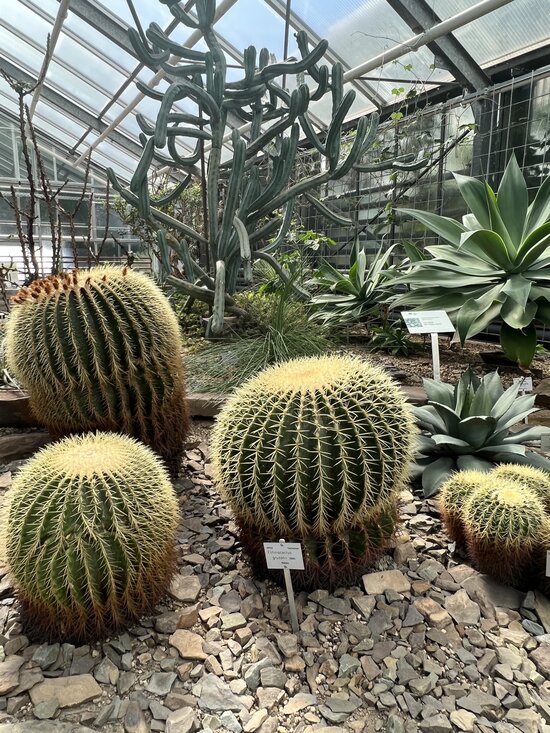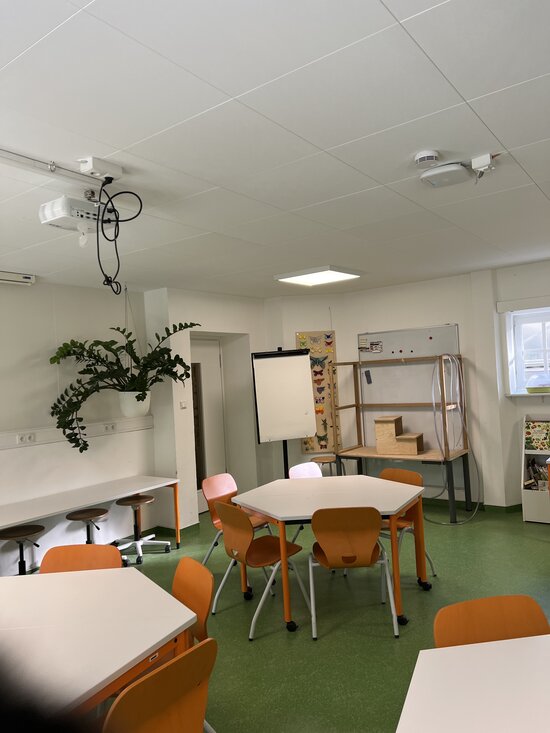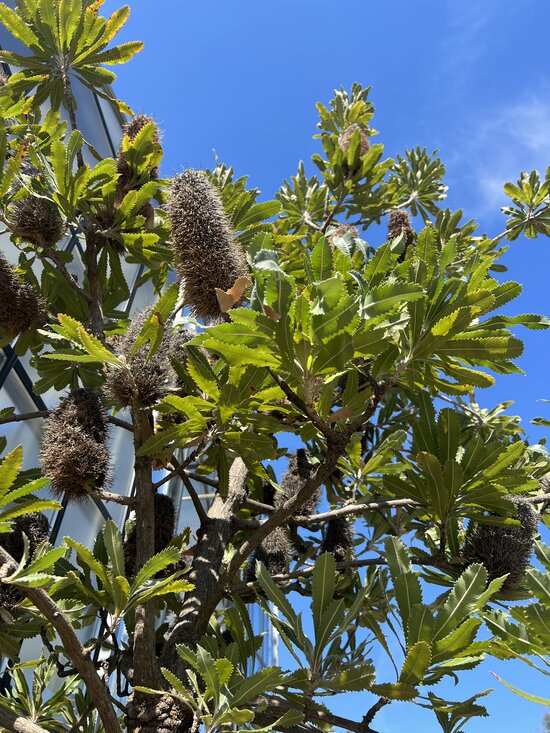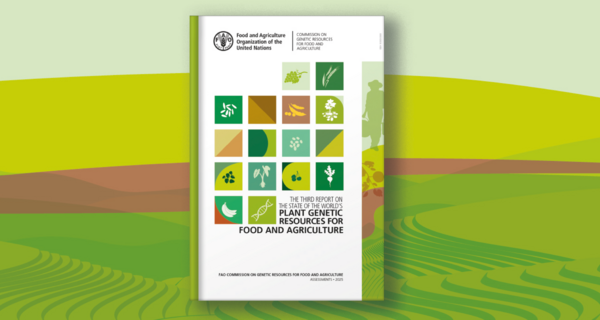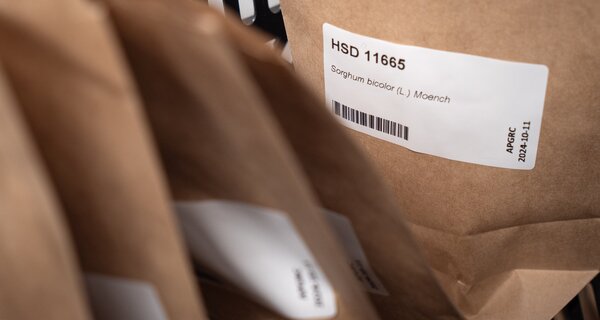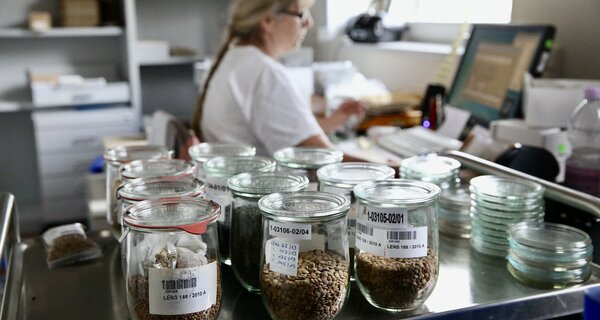Bonn University Botanic Gardens Showcase the Value of Conservation
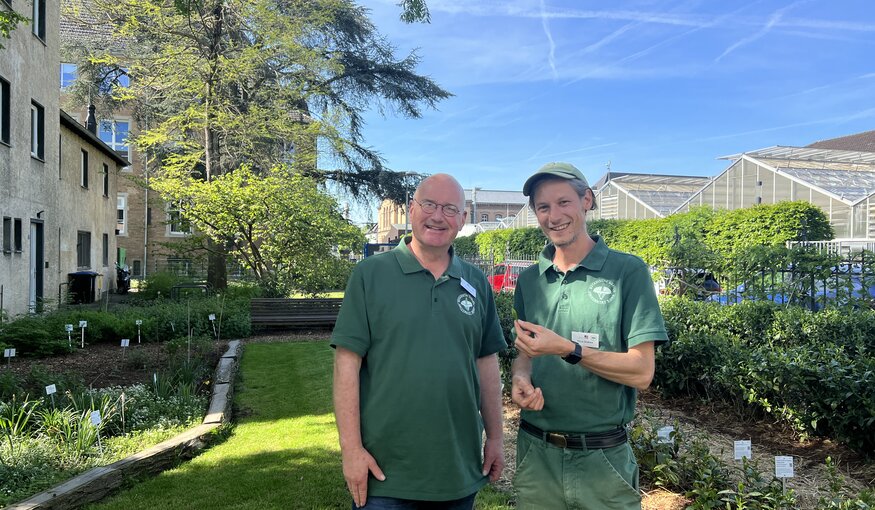
22 May 2025
Botanical gardens bring us together. They are peaceful places in busy urban areas where people can meet, relax, connect with nature, and learn something. But they also bring lots of different plants together, and thus play a vital role in conserving the planet’s biodiversity.
The world’s 3,000-plus botanical gardens conserve more than 640,000 types of plants, including, in many cases, the wild relatives of crops. This means they complement the diversity stored in the world’s 900 or so crop genebanks, connecting people with plants in a way that most genebanks can only dream about.
Many botanical gardens have associated seed banks, which exchange seeds with different stakeholders for research, conservation, and display. Gardens’ role in conserving plant diversity has become increasingly important, with many actively contributing to the conservation of the native flora of their region and diversity from much further afield.
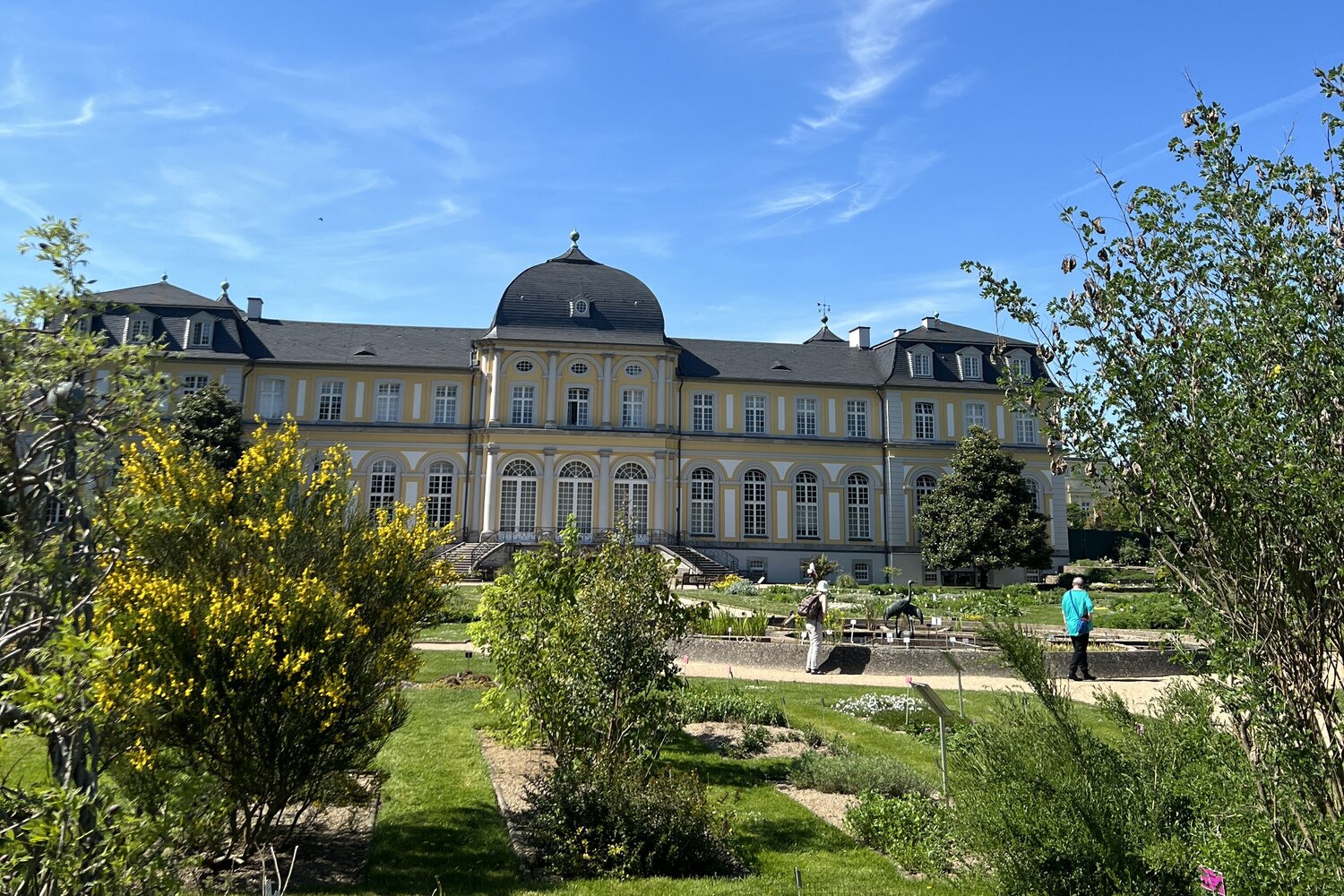
Poppelsdorfer Schloss, where the main offices of the Bonn University Botanic Gardens are housed. (Photo: Sakura Radscheit/Crop Trust)
Bonn’s Green Haven
The Crop Trust maintains a close relationship with the Bonn University Botanic Gardens (Botanische Gärten der Friedrich-Wilhelms-Universität Bonn). The Bonn University Botanic Gardens conserve 9,500 plant species on just 12 hectares, the equivalent of 22 football pitches, or 8 city blocks.
For the International Day for Biological Diversity, we sat down with Mr. Markus Radscheit, Technical Director of the garden, and Mr. Felix Dominik, Head Gardener, to learn about their work.
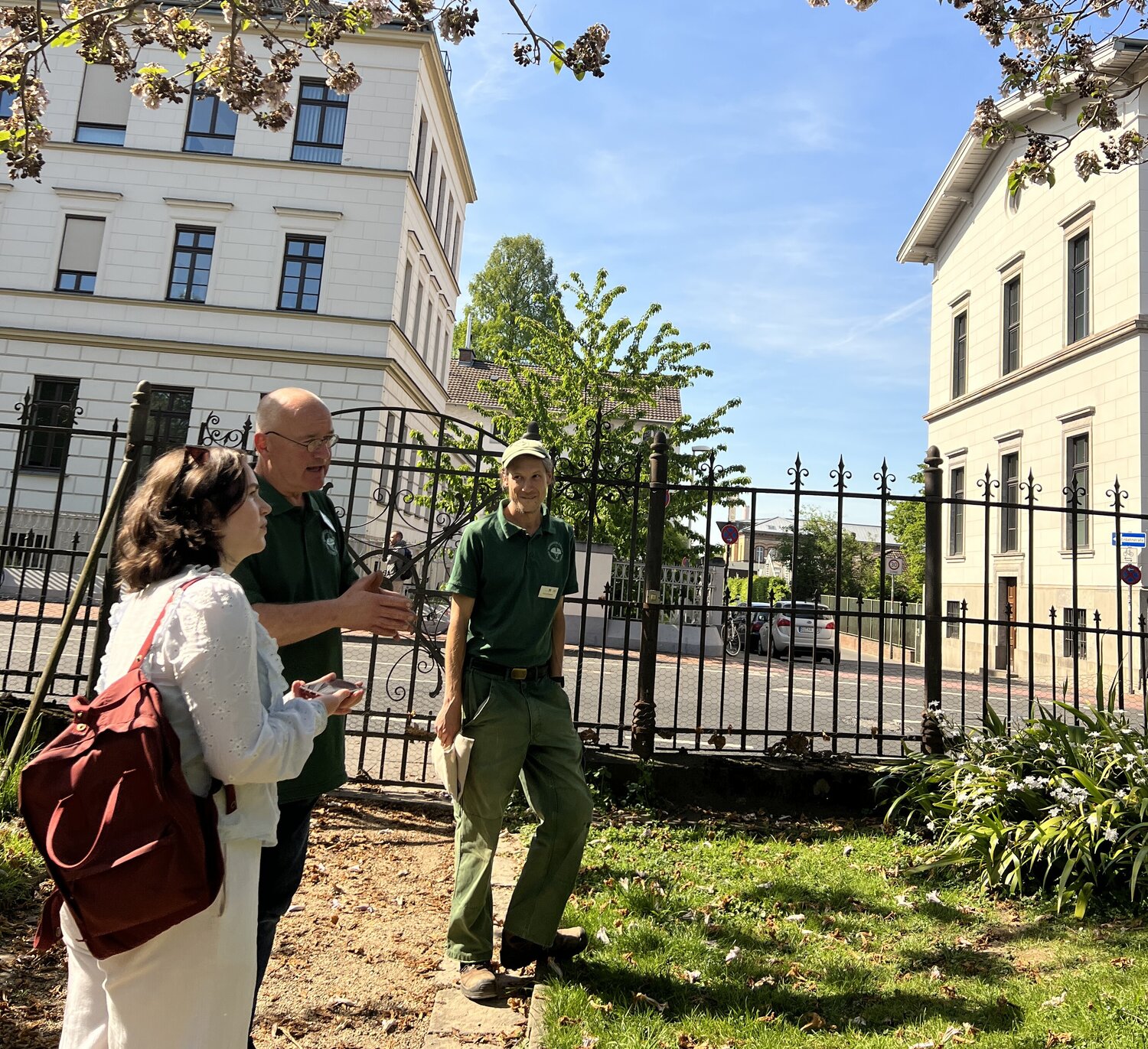
Guided Tour at the Bonn University Botanic Gardens: Markus Radscheit, Technical Director of the Bonn University Botanic Gardens, and Felix Dominik, Head Gardener, guide the Crop Trust team through the garden, sharing insights into its collections and conservation work. (Photo: Sakura Radscheit/Crop Trust)
From Easter Island to Endangered Grasses
Radscheit started by recounting the story of Sophora toromiro, a tree endemic to Easter Island. Known for its towering moai statues, the island has a well-known history of ecological fragility. Once heavily forested, trees were mostly gone by the time of European contact in the early 18th century. Remarkably, a surviving specimen of toromiro was discovered in the Gardens in 1980. How it got there, nobody knows. Since then, staff have propagated toromiro and distributed seeds to other gardens. This enabled the reintroduction of toromiro to Easter Island in 1995.
“Many attempts to reintroduce plants back to their natural habitats have failed. It requires a lot of capacity from those who look after the trees. Once the seeds are in our hands, they can be safe. But if we make a mistake, they’re gone forever,” shared Radscheit.
Closer to home, the Gardens have worked to conserve Corynephorus canescens, a local, endangered variety of silver grass. “We look at the international picture”, Radscheit said, “but we also reintroduce their local plants to the people of Bonn.”
This balance is reflected in the Gardens’ seed bank. It conserves a wide range of species, from pepper to resilient niche crops like amaranth. In 2023, Bonn University Botanic Gardens deposited seeds in the Svalbard Global Seed Vault, contributing to the long-term preservation of plant diversity for future generations.
Sharing Seeds and Awareness
The Gardens publish an annual Index Seminum – a curated seed catalogue shared with over 600 institutions worldwide. It offers around 1,000 seed samples for non-commercial research, education and conservation.
Despite these far-reaching efforts, public engagement and understanding can still pose a challenge.
“If you ask people what biodiversity means to them, the answers vary a lot,” said Radscheit. “People are quite interested in conservation but they don’t realize that it starts right at their doorstep.”
This drives outreach efforts at the Gardens. “A very big part of our work is to show the world what is possible,” said Dominik. As a result, the Gardens have a wide range of public engagement events. From after-school courses for kids to annual botanical lunches, the local community can hear from and speak to gardeners and other practitioners.
Ultimately, the team hopes that visitors walk away with both beautiful memories and a sense of responsibility and possibility. “We want to make the world a bit greener, and help it stay that way,” Radscheit added.
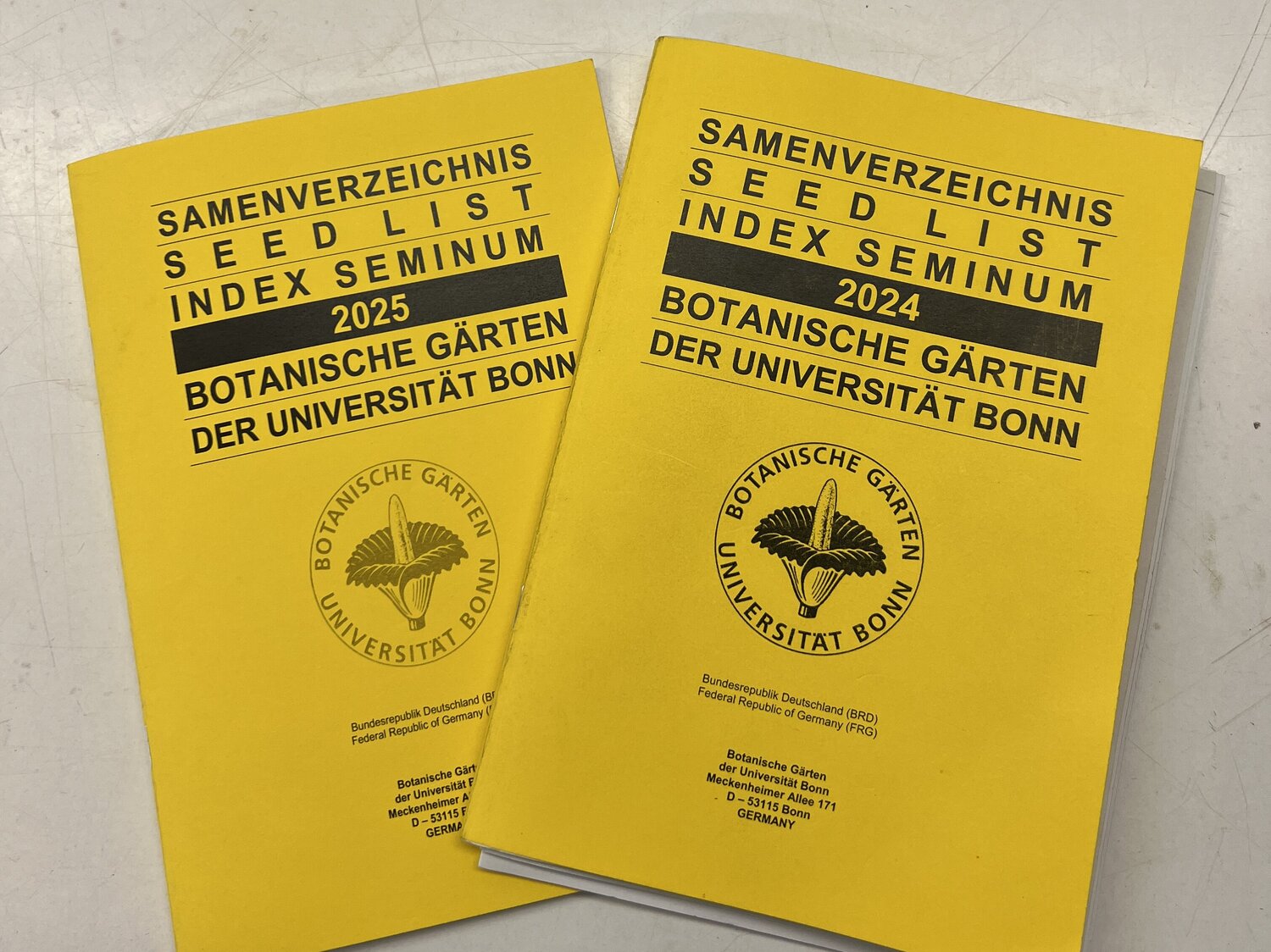
Index Seminum 2024 & 2025: The annual seed catalogues of the Bonn Botanic Gardens listing seeds available for exchange. (Photo: Sakura Radscheit/Crop Trust)
To learn more, visit the Bonn University Botanic Gardens on 25 and 26 May 2025 for Biodiversity Action Day, featuring guided tours, family activities and information stands. The Crop Trust will be there to share our work to safeguard global crop diversity. Come say hi!
Categories: For The Press, For Partners, For Policymakers, Environmental Restoration


